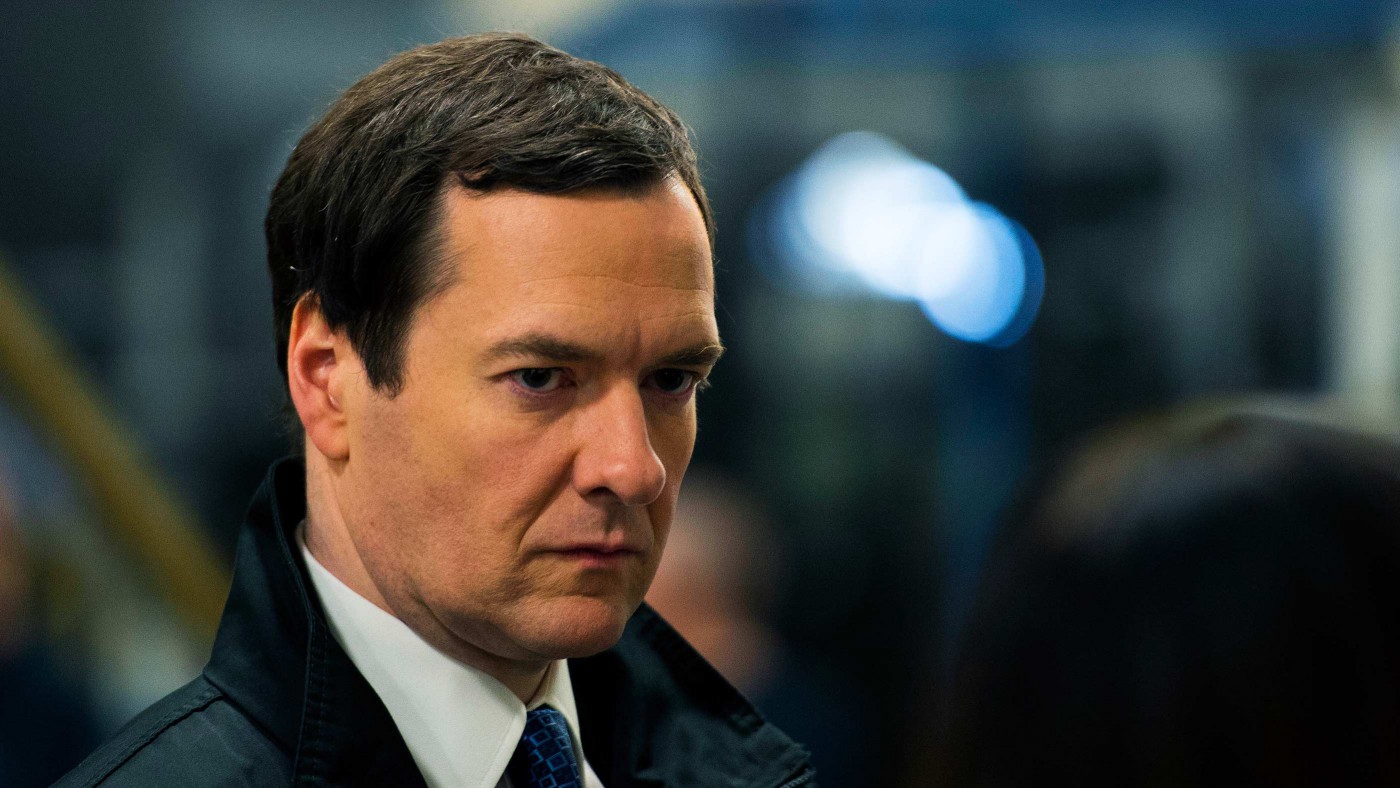When David Cameron used his speech to Conservative party conference to announce that he wants to increase income tax thresholds there was uproar from his critics on the left. How dare the Prime Minister promise a tax cut when the UK is still running a giant deficit and adding to the debt burden with each passing day?
The UK Treasury’s ‘Ready Reckoner’ estimates that the changes to the higher rate of tax and an increase in the personal allowance would “cost” £7 billion. Officials have been briefing that they have concerns about whether the threshold changes are “affordable.”
But this is nonsense, pure and simple. A hike in the thresholds doesn’t cost a penny – it just means politicians have less of our money to spend. So you can either cut back, or you can borrow; we’ve tried the latter, and we’ve now got a £1.45 trillion debt pile to deal with whilst paying more in debt interest every year than the country spends on defence. I’d counsel, therefore, that the former is a rather better option.
Indeed the very concept of tax cuts costing anything at all implies that all the money in the economy belongs to the government, and that which it deigns to allow us to keep is some sort of present from a Chancellor who once a year puts on a jaunty Santa hat to hand out alms to the masses.
It’s in this context that we come to today’s Autumn Statement, the second of the Chancellor’s set-piece announcements of the year. Speculation bubbling around the Westminster Village is of a quiet Statement, with a roads programme, more spending on the NHS and a frankly cheap political trick to trap Labour into opposing deficit reduction the main excitement. Quite apart from the fact that Parliament is not supposed to be for meaningless political grandstanding, one is inclined to suggest that instead of setting deficit elimination targets, the Chancellor should – and this is revolutionary – just get on with eliminating it. And more than that, he should use the Statement as a way to really help those on the lowest incomes.
There will, of course, be calls for higher taxes on something or someone. It might be a mansion, it might be a pint of beer, it might be a chocolate bar. Others will say that the proposed threshold hikes should be ruled out, or indeed income taxes should be increased. These calls should be ignored. The former are arbitrary, the latter calls are veritably Hollandeish.
Instead, the Chancellor should bring forward the threshold changes at the highest rate and for the Personal Allowance. This would take more people out of paying Income Tax and allow them to keep – and spend – more of their own money. He should increase National Insurance thresholds at the bottom end to reward work for the lowest paid, removing a disincentive and beginning to address the scandal of obscenely high marginal tax rates for those coming off benefits, whilst renaming National Insurance as an ‘Earnings Tax’ to instil some honesty into the system. That Earnings Tax should be assessed per-person on an annual basis, so those with multiple jobs and fluctuating incomes don’t lose out.
He should also announce the results of the consultation he launched three years ago into merging this Earnings Tax with Income Tax – a measure which would start to radically simplify our labyrinthine tax system and save on administration costs. And he must reform Stamp Duty, the tax paid on property purchases, which is stopping first-time buyers getting on the property ladder and preventing families from moving up it as they have children. Lowering taxes and making them more transparent would sharpen incentives for employees and firms alike.
But above all, the Chancellor must announce that he will go further and faster with deficit reduction. He must restart the process of assessing the role of every single public body and abolish those that are no longer required. The promised bonfire of the quangos, after an initial flourish, has petered out like a tin-foil BBQ in a British summer.
It seems the battle is lost and minds made up, but the additional £2 billion for the NHS that the Chancellor will announce will deal with symptoms, not the cause, of the Health Service’s woes. Between 2000 and 2010, the NHS budget nearly doubled in real terms – and productivity went down. George Osborne should therefore announce the removal of the ring-fence around health spending so that Simon Stevens, the new Head of NHS England, can get on with modernising and improving a cripplingly inefficient health system focused too much on bureaucracy and not enough on frontline care. And he should shut the Departments of Business and Culture, transferring their remaining important responsibilities – it’s not a long list – to other areas of government.
In short, what is required is a little less conversation, a little more action, please. The coalition government missed its deficit targets. Instead of trapping other parties into fighting new targets, the Chancellor should focus on trying to meet the old ones.


